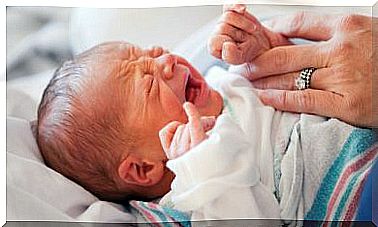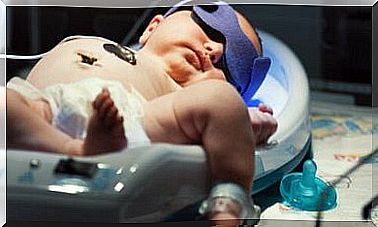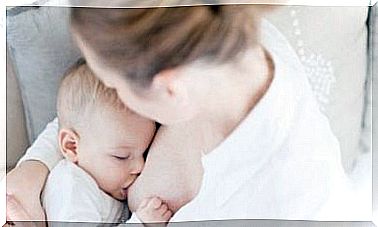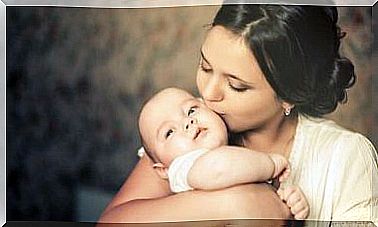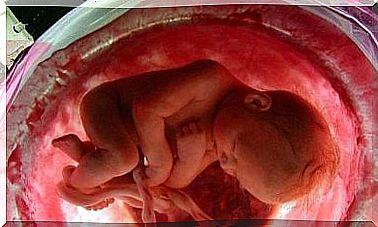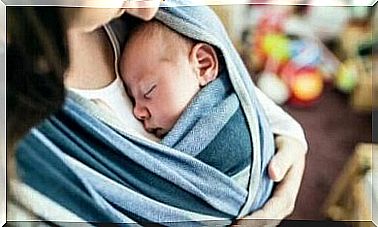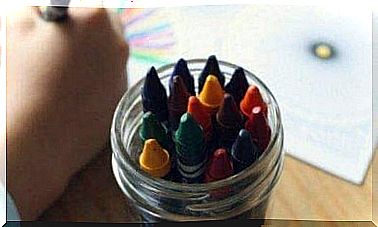5 Rarities In The First Days Of Your Baby’s Life
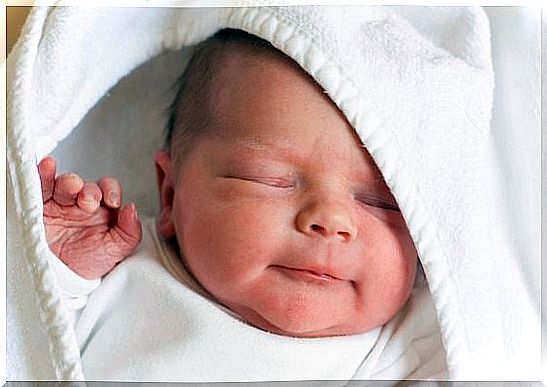
The first few days of a baby’s life are always unique. Even mothers, for whom it is not the first experience, are always amazed at the miracle of life and various rarities in the first days of their baby’s life.
Baby’s birthday is a unique day that no mother will ever forget. Today’s article is about the first few days after that, as a number of things worth mentioning happen during this time.
What happens in your baby’s first days of life?
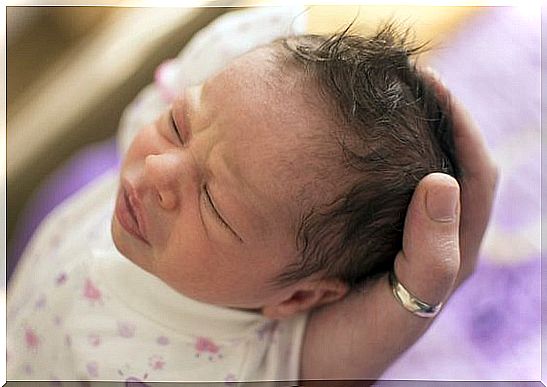
No matter how long you plan in advance for this day and beyond, once the baby arrives, chaos reigns. You only think about your child and forget everything else.
In the first few days of life, your baby adapts to the world outside of the womb. Everything is new and completely different than before.
Scientists have found that fetuses can already ingest some things that take place outside the womb. But they cannot imagine all the changes that are coming.
Have you ever wondered what it’s like to breathe in your womb? Or how do certain functions change in the first days of life? How can our babies see and hear us?
Then you will find some explanations to better understand how babies feel in the first few days of life.
Hair, eyes, mouth and heart
- A baby’s hair is so delicate that it can fall out just by rubbing it against the bed sheet. As a result, many babies go bald quickly. Soon, new, stronger hair will grow.
- A newborn’s tear ducts are not yet open, which means that they will cry without tears for the first few days.
- A baby’s lips are so delicate that small bubbles from sucking on the breast can form around them.
- In the first days of life, the heartbeat is still very fast: the small pump often beats twice as fast as an adult – between 130 and 160 times per minute.
The breathing
- Adults do not breathe and swallow at the same time. But a newborn can still do this in the first days of life. It retains this ability until it is six months old so that it can be breastfed.
- You may be concerned because your baby sneezes so much. But it does this to clear its airway.
- Newborns don’t know how to breathe through their mouth. They only breathe through their noses.
- Newborns can hold their breath underwater. They even have an instinct for swimming. But this ability disappears very quickly.
Hygiene in newborns
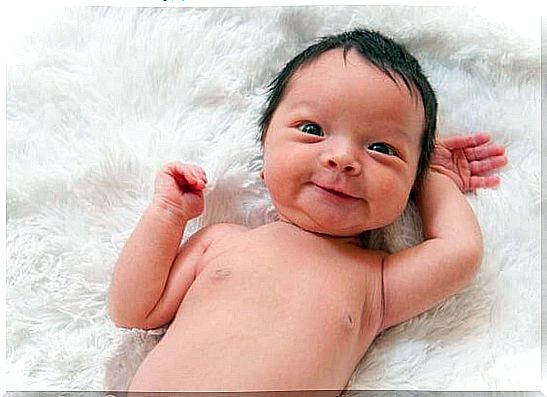
- Because their sweat glands are not yet developed, they won’t sweat for the first few days of your baby’s life.
- The breath of newborns is always fresh. That’s because they don’t have teeth. Bad breath comes from the accumulation of bacteria in your teeth.
Your baby’s senses in the first days of life
- Babies know their mother and other details through their sense of smell. Your sense of smell is the most developed sense.
- After four months in the mother’s womb, a baby is ready to protect itself from light and can react to loud noises.
- Small babies can only focus their gaze up to a distance of about 20-25 cm. This is roughly the distance between mother and baby when breastfeeding.
Physical growth: weight and height
- If your child has a cold, they won’t grow.
- After six months, your child will have doubled their birth weight. When it’s a year old, tripled.
- The length of a baby’s foot during the first few days of life is one third of the adult foot. By the time the baby is one year old, his foot is about half the length of what it was as an adult.
- From conception to birth, your baby’s weight multiplies approximately 3,000 million times.
- Even if newborns put on more weight in autumn, they grow twice as fast in spring.
- Babies born in May can weigh up to 200 grams more than babies born in other times of the year.
